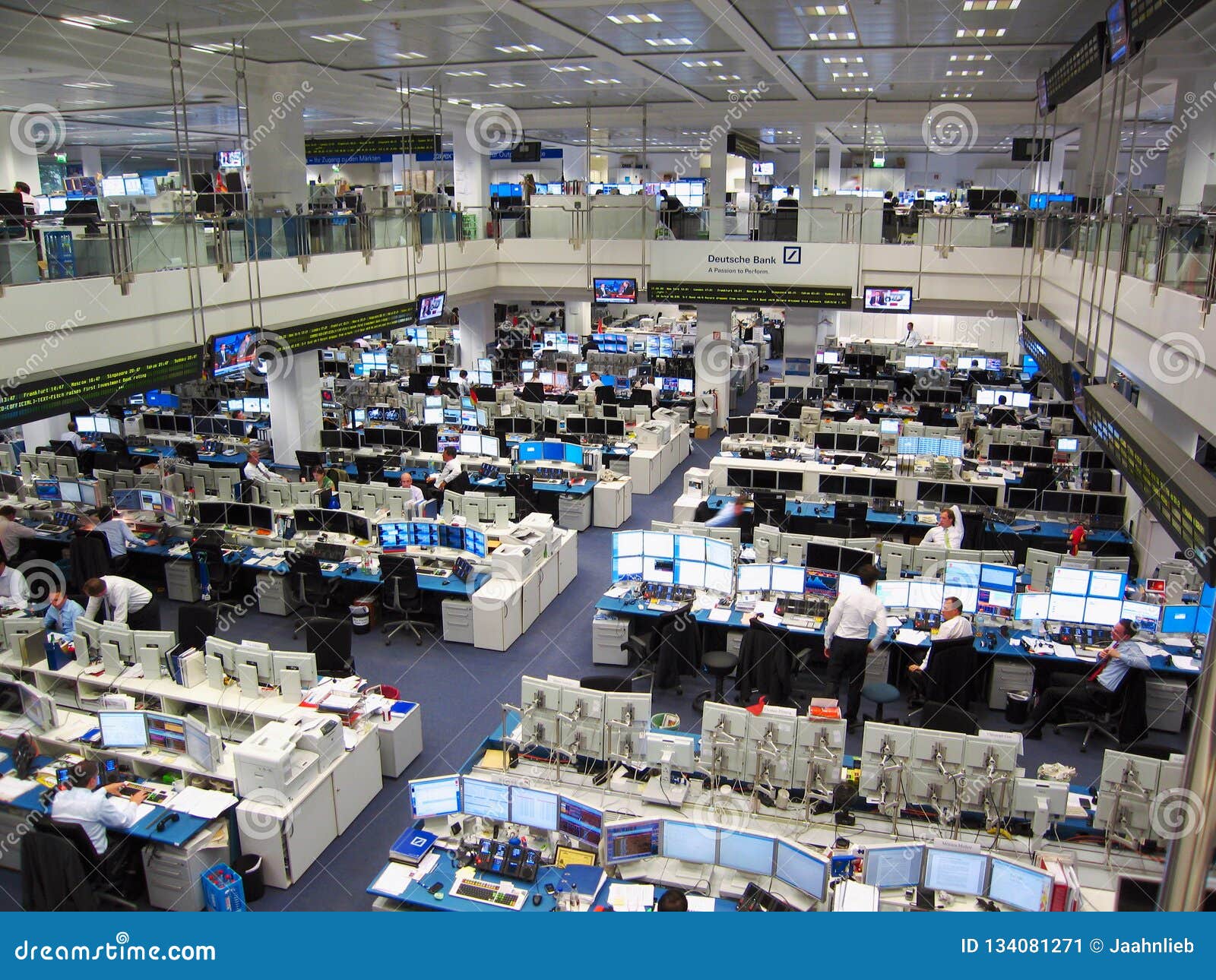Futures trading, most of us probably have heard of it, but what exactly is futures trading? Once I discussed this with a few people back in college, and their response was how do you trade the future? Well of course we are not trading the exact future, what futures trading represents is a contract to buy or sell the underlying asset. Believe it or not, we are all somehow involved in the futures market because we all buy food (wheat, coffee, pork bellies), put gas in our vehicles (oil market), and some of us have a mortgage that requires us to pay interest on (interest rates are also traded).
Lets say a farmer is expecting wheat prices to drop, and he is worried about his crops and losing money. He can turn to the futures market and buy a contract to sell his wheat at a specific price in the future. If prices do not drop the farmer just loses the money used to purchase the contract, but if prices decrease, the farmer does not have to worry because they can sell their wheat at the price of the contract they purchased.
That was an example if prices decrease, now lets look at an example if someone is worried about prices rising.
Lets say a gold miner is worried about gold prices skyrocketing, he/she goes into the futures market and buys a gold futures contract. That way he has a contract to purchase gold at a predetermined price, no matter how high gold prices rise.
That in a nutshell is futures trading, traders are trading these contracts on commodities against the future value of something.
But what about delivery?
If you happen to be a holder of a contract to buy gold, silver, copper, oil, or any other commodity that is traded on the futures market, don't worry about delivery. Most contracts traded on the exchanges are either closed before expiration or rolled into future months. From what I understand TDAmeritrade clients do not have to worry about delivery, their brokerage is for price exposure only.
Types of commodities
Oil is probably the most commonly traded commodity, but that isn't the only one. Gold, silver, copper, and other precious metals are traded. Wheat, coffee, soybeans, pork bellies, and other agricultural products are traded also.
Index Futures
There are also futures contracts available on the indexes, such as the Dow Jones and Nasdaq. When we hear about overnight trading in the futures market, they are often referring to the Dow, the Nasdaq, the S&P 500, and Russel 2000 futures. Trading in futures overnight can give us some clues where the stock market will trade once the market opens.
Tick sizes
Tick size is the smallest amount in dollar value something can trade. For stocks (equities) its in pennys, $0.01, and for commodities it can vary. Remember one thing, futures contracts are leveraged, meaning small amount of capital required to control a larger amount of asset.
Before I go into tick sizes, let me really quickly give you an example of an options contract of a stock and hopefully this gives you the idea of tick sizes. In an stock options contract the tick size is $0.01, so when the contract goes up $0.20, that is ).02 X 100 = $20. Remember that options contracts are for 100 shares of stock. Keep this example in mind.
Tick size of a standard gold contract is $0.10 and that controls 100 troy ounces. Every $0.10 moves is $10. For the gold mini contract the tick size is $0.25, and this contract controls 50 troy ounces, so that is a $12.50 move for each tick in the contract.
All the commodities have different tick sizes so be familiar with the tick sizes and the dollar gained or lost for each tick. I just used gold for illustration purposes, so be sure to check the commodity you are about to trade before trading on such.


.jpg#keepProtocol)






/dividend-0aad3af67ba54cc98e8fc1ab59346674.jpg)